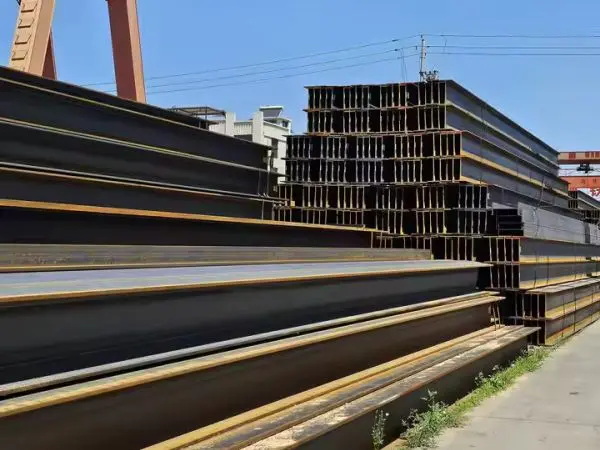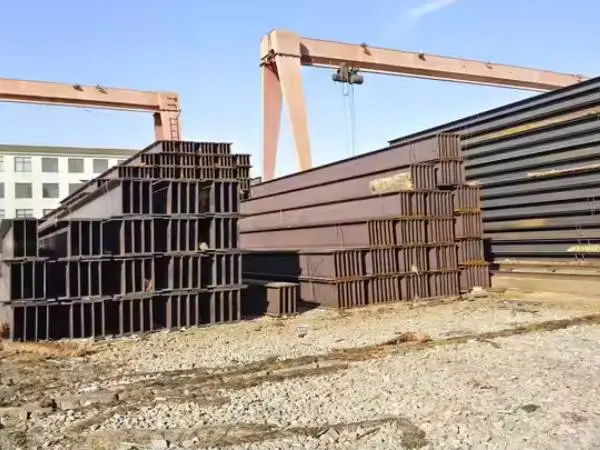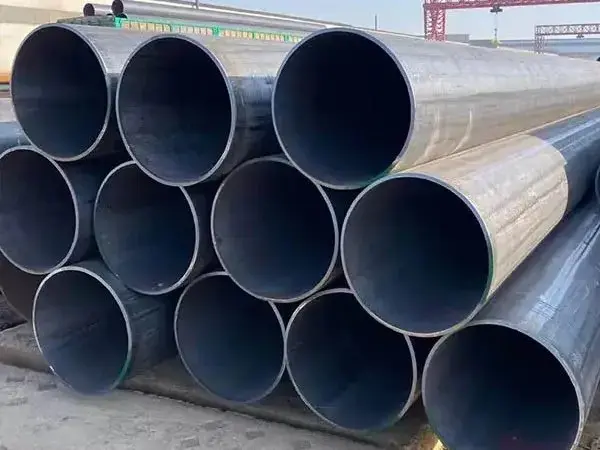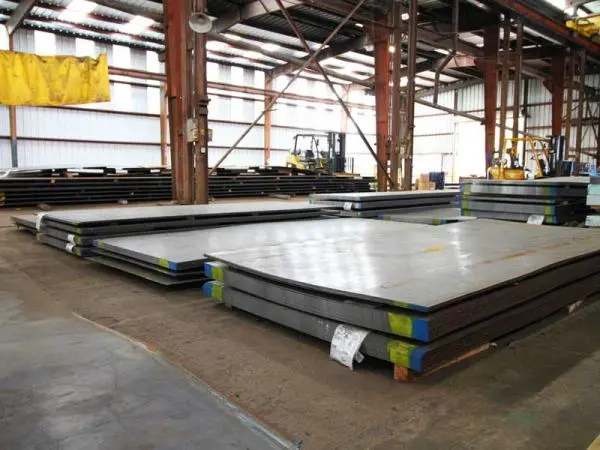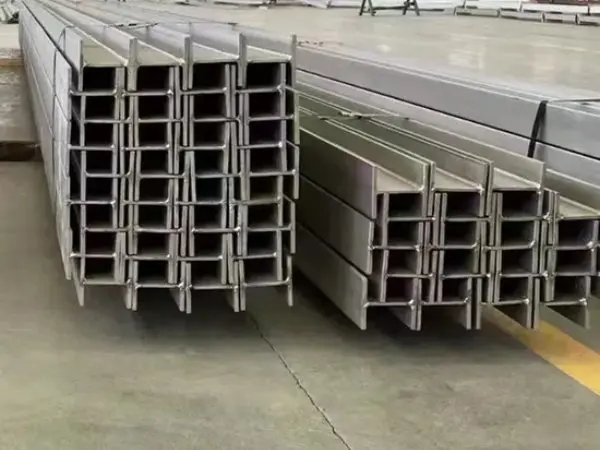- Phone0086 731 8564 8255
- E-mailsales@cscsteel-manufacturing.com
-

When working with industrial rubber, pipe size is never an issue. An innovative application process enables the rubber lining of pipes ranging from 3 inches in diameter to the largest sizes available. Here’s an overview of the key attributes of rubber lined pipes.
Soft Natural Rubber
Cost-Effective: Offers the lowest cost option for rubber linings.
Abrasion and Tear Resistance: Exhibits excellent resistance to abrasion and tearing.
Chemical Resistance: Provides good general resistance to chemicals.
Temperature Stability: Remains stable in cold weather and during rapid temperature changes.
Durometer Rating: Typically ranges from 40 to 60 durometer.
Composition: Made from pure gum-based materials.
Hard Natural Rubber
Moderate Cost: Offers a balance between performance and price.
Chemical Resistance: Provides excellent resistance to chemical permeation.
Heat Resistance: Withstands temperatures over 200°F.
Durability: Physically tough, ensuring longevity in demanding applications.
Durometer Rating: Typically ranges from 60 to 90 durometer.
Composition: Based on ebonite materials.
Chloroprene/Butyl/Hypalon Rubber
Higher Cost: More expensive compared to other rubber options.
Chemical Resistance: Delivers good to excellent resistance to chemical permeation.
Heat Resistance: Can withstand temperatures over 200°F.
Temperature Stability: Remains stable in cold weather and during rapid temperature fluctuations.
Oil Resistance: Specifically, Hypalon offers resistance to oil.
These attributes make rubber lined pipes an excellent choice for various industrial applications, providing durability, flexibility, and resistance to challenging conditions.
